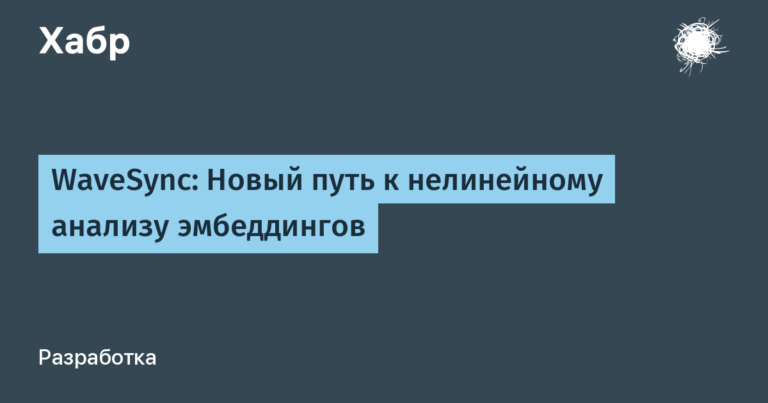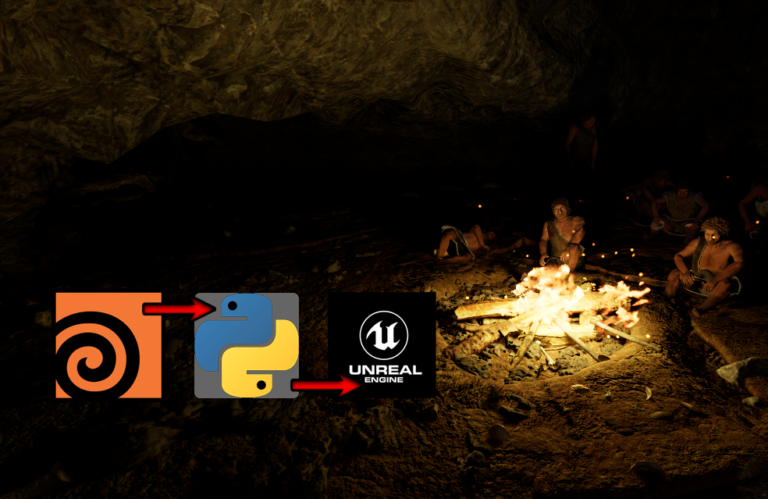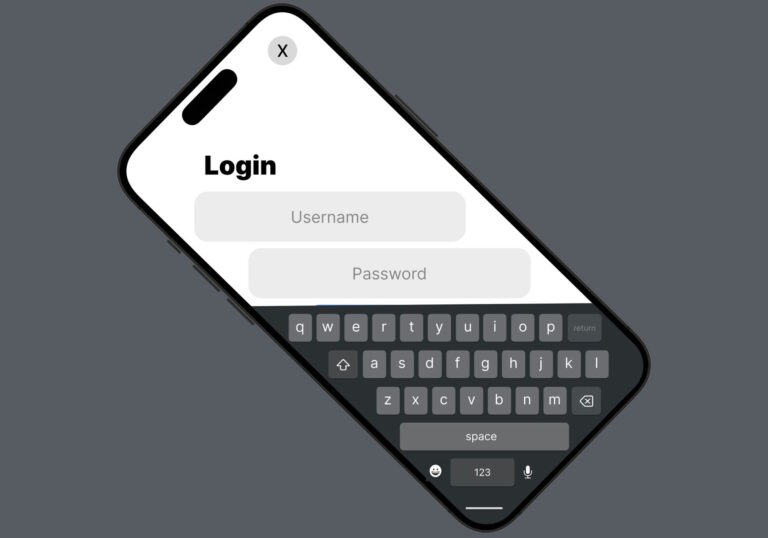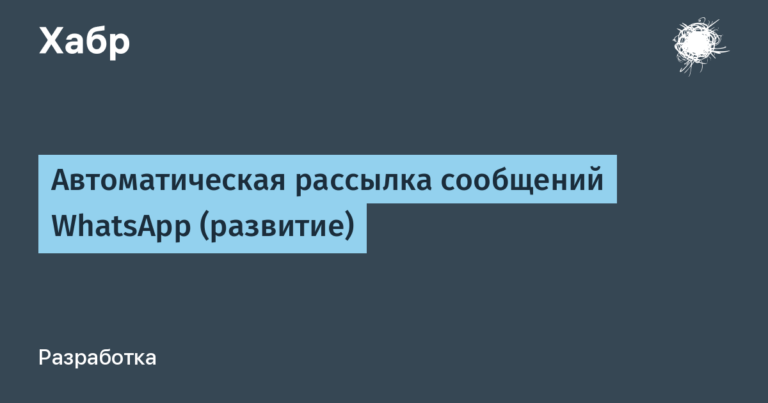A story about how I conducted interviews. Part 2
Hi all! Katya from mobile development is in touch again. As promised, I am releasing the second part of the article about interviews in Alpha. You can read the first part Here. To be honest, I thought for a long time and wondered how to start and how to continue.
It’s not that the topic is complicated,
I have known the object for a long time,
I just wanted to write a normal article,
And not some kind of…
But I got the idea to write, as they say, first.
Before sharing our experience, I would like to say that every interview is generated by the need for a new employee. And each such need dictates certain requirements for a new person. These requirements shape the selection process.
Perhaps this process takes more than one or two years of formation, as was the case with us. The requirements are far from strict – they change, just as the field in which we work changes. Today I’ll tell you about how they have changed over the last 5 years. As the story progresses, I will point out our mistakes and experiences. Perhaps someone will find this useful when building their processes.
So, let’s begin.
The first mistake. Interviewer training

It was 2018. At that time, 4 people participated in our project along with me. We didn’t know or think about any interview processes at that time. But the business had a growth plan, and we had ambitions to conduct interviews and select “new blood.” And here we do ours first mistake.
We didn’t train people to conduct interviews.
You have sparkling eyes and a desire to conduct interviews – welcome to our ranks! At that time, none of us had sufficient experience in selecting colleagues. We gained experience much later. As are the cones.
How to fix
If you want to conduct high-quality, meaningful and healthy interviews on your team, prepare your interviewers in advance. Tell us the model. Tell us who is asking what and how. Hesitations, hesitations, and stuttering are of no use to you.
Teach how to behave when emergency situations arise – they will happen, believe me. For every 100 interviews, there will be at least one where the conversation doesn’t go well on hardware or software. It is important to face this situation with dignity. It is also important to tell all interviewers that when you conduct an interview, you are the face of the company.
Error two. Preparing questions

Guys from the street came to us for interviews. We sat down at the negotiating table (pre-COVID times), talked and went our separate ways. Here you can immediately highlight mistake number two.
We did not have any prepared list of questions. Everything was out of my head and in real time. Naturally, there were pauses, stutters, and movements in the brain that occurred right at the moment of conversation. In general, no structure.
This immediately follows error 2.1.
If you ask something, study the topic in advance so that the mosquito does not undermine your nose. You can overwhelm yourself with your own question)
How to fix
We have created a common space where we keep all questions. We replenish the pool and fix it there. All interviewers should have access to them.
Error three. Interview results

We recorded the results in HR in the form of notes in a notebook. And here we are third mistake.
Notes were lost, were not always written, and we had no history of interviews.
How to fix
It is important to keep interview histories. This will help you when transferring candidates between departments. This will help track whether this candidate came before and how he has grown since then.
Error four. Composition of questions

But time passed, we grew and developed. Slowly but surely, the realization came to us that it would be a good idea to start documenting the results and storing the interview history. We even started to draw up the first list of questions. Everyone threw in there what they could. Boom! Fourth mistake.
We threw everything into the questions. They thought that great specialists should understand everything, and they should have a broad outlook.
Then, of course, we optimized our approach to questions.
How to fix
Now there will be a very holivar topic, namely, a list of questions. Outlook is important. But I think it’s better to ask about diffusers and mats. statistics are not worth it. First of all, get together as a team and assess what your employee will do in the workplace. And if most tasks are related to repainting buttons, Don’t rush to prepare algorithmic tasks and ask him to turn trees. It’s great if the candidate knows this. But the relevant experience for him would be working with views.
The topic of feature/application design is now popularized. In my opinion, a cool thing is something you encounter in your work every day. We have added similar questions.
I know that many people don’t like algorithm problems. In my opinion, they perfectly show a person’s ability to reason, even if we are not talking about writing the code itself. You can give a mini-problem for 10 minutes and just talk about ways to solve it. We don’t practice this at Alpha, perhaps we will start sometime in the future.
Error five. Lists of questions

After some time, we formed a stable pool of interviewees. The interview is conducted by two people – optimally, in order to form an objective point of view and not stress the candidate out with a crowd of people. We trained new employees to become interviewers. At the first stages, the person who wants to conduct interviews joins us as a listener. Each of us took any questions from the ready list and asked them.
Fifth mistake: we were confused. The questions were not marked. We wasted time trying to figure out who was asking what.
How to fix
From the list of questions, you can make a kind of blanks – templates that are sketched out in advance. You can even create name templates, then you will see exactly where yours is.
Error six. Theory and practice

It took a little more time for us to understand our sixth mistake. It was suggested to us by one of the guys who had just arrived.
We only asked for theory. Practice was not driven by words at all. It seemed that if a person answers the theory, then in practice the questions will not happen (spoiler: it will happen).
How to fix
Practice makes perfect. And it’s not just about English. We decided to ask practice, since there were cases where people wrote code poorly, because theory can be memorized. This is not about designing large and complex systems during an interview. It is enough to give blocks of code for refactoring or ask them to solve a simple problem. All these questions will be revealing.
Bonus: a short tip about motivation
At the end, perhaps, I’ll add one more common mistake of companies.
Once you have processes in place, please don’t force people to conduct interviews.
You need either motivation, or the desire of the employee, or an agreement with managers that this is, for example, grocery time. Although the latter will not help much in resolving the issue of holding hated social security services.

I think I’ve told you about all our main rakes. Always remember, work should be fun, and interviews are an important part of it. If you have any questions, come in the comments, I’ll be glad to chat about your experience.





